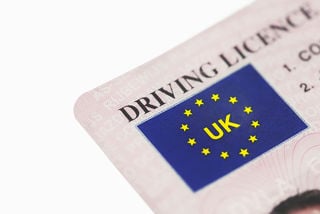
Legislation
Understanding the legislation – and there is a lot of it - involved in running vehicles is a key part of fleet management: it ensures the organisation stays complaint with the law.
These range from road safety laws such as speed limits, drink- and drug-driving legislation and minimum vehicle standards, to anti-smoking laws that apply to company vehicles, and health and safety regulations in the workplace.
Key legislations include the Health and Safety at Work Act 1974, which sets out the duty of care employers have for their employees, the Management of Health and Safety at Work Regulations 1999, Road Traffic Acts supported by the Highway Code, and the Road Vehicles (Construction and Use) Regulations 1996.
Cut your risk with the new Fleet News safety report
Improving safety is a top priority for many fleets, but it can be a complicated subject to tackle. Our new report provides comprehensive and straightforward advice.












































